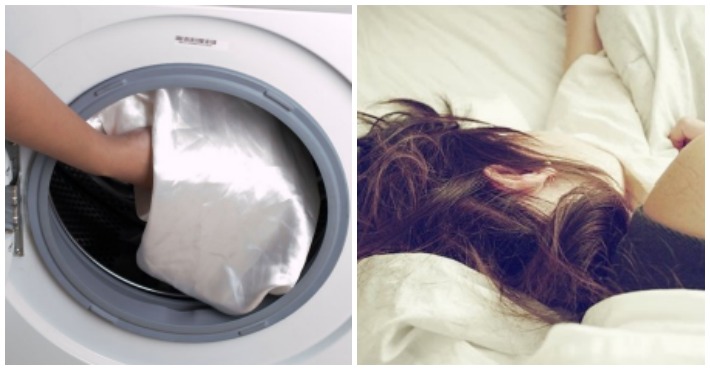
10 Jul How Often You Should Change Your Bedsheets, According to Science
New York University microbiologist Philip Tierno is a Clinical Professor in the departments of pathology and microbiology. We spend more than a third of our lives in bed — but that place can quickly blossom into a “botanical park” of bacteria and fungus, according to Professor Tierno. Based on research, Tierno now argues that, if left for too long, the microscopic life within the wrinkles and folds of our bed sheets can end up making us ill.

If you’re wondering why sheets are such a risk, keep reading. The sweat we produce has been called “an ideal fungal culture medium” by scientists who say we produce up to 26 gallons of it in bed every year. The fungal contamination which sweat fosters can lead to serious problems if left unchecked. A recent study found that bedding which was around 1 1/2 to 20 years old each contained up to 16 different species of fungus. The results were similar when feather pillows were used to test this hypothesis.
Microbial life building up in your sheets isn’t the only hygiene problem with unclean sheets. In addition to the fungi and bacteria that come from your sweat, sputum, skin cells, and vaginal and anal excretions, you also share your bed with foreign microbes. These include animal dander, pollen, soil, lint, dust mite debris and feces, and finishing agents from whatever your sheets are made from, to name a few. Unclean bedding can also trigger sniffing and sneezing, since the microbes are so close to your mouth and nose that you’re almost forced to breathe them in. In a nutshell, dirty sheets can spark allergic reactions among a host of other health problems. So how often should we change our sheets to avoid these problems?
The post How Often You Should Change Your Bedsheets, According to Science appeared first on Viral Thread.


Sorry, the comment form is closed at this time.